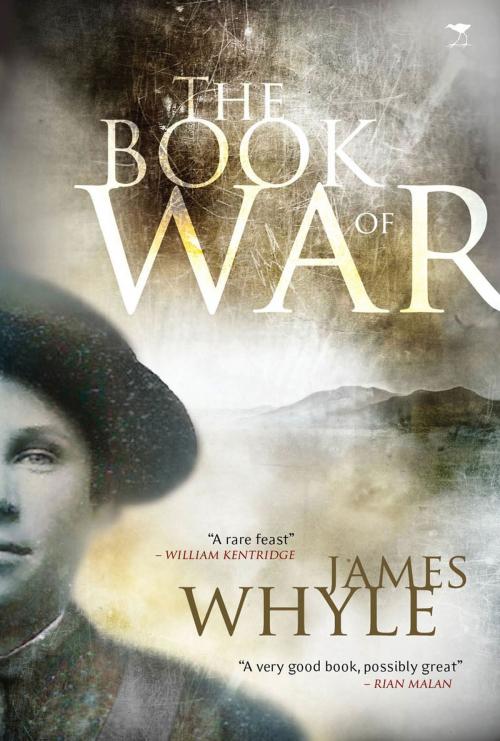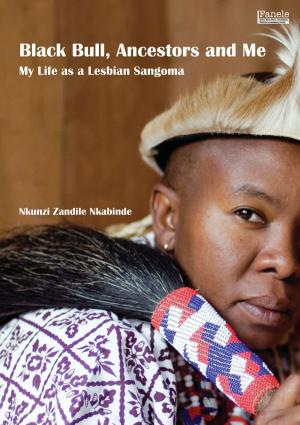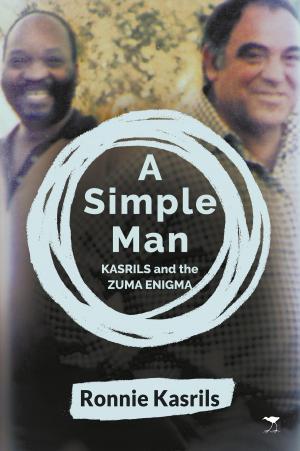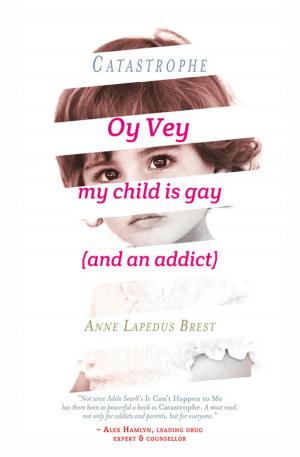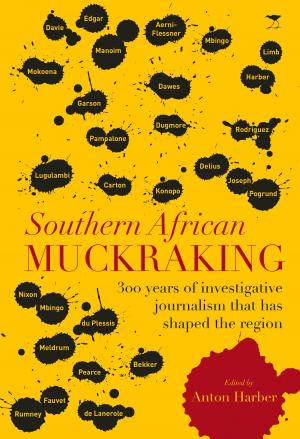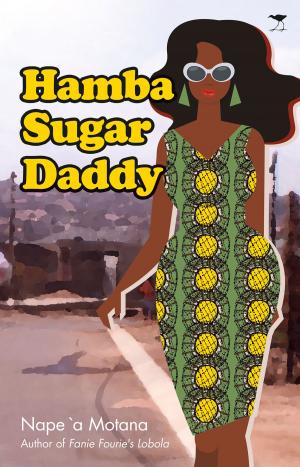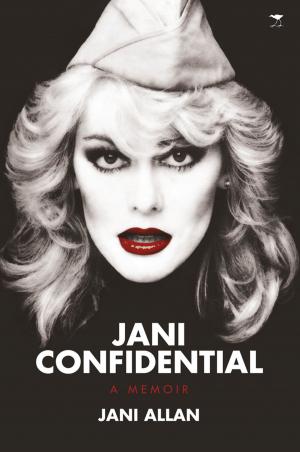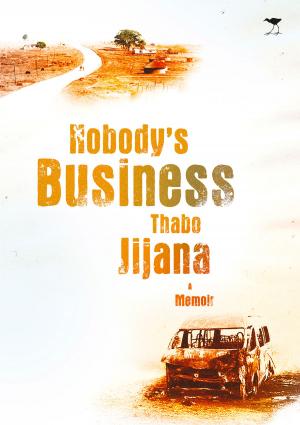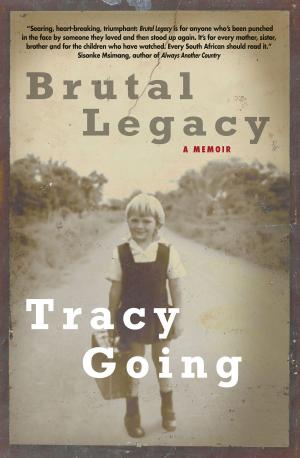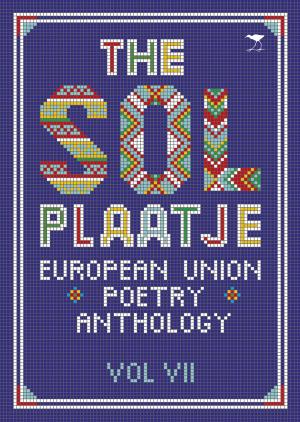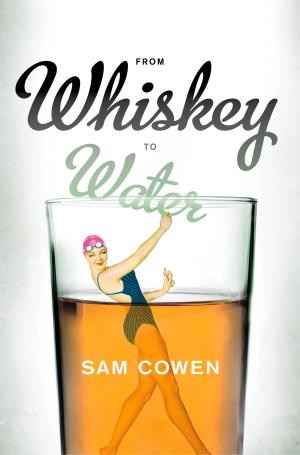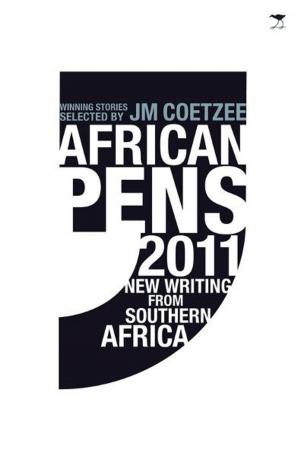| Author: | James Whyle | ISBN: | 9781431403493 |
| Publisher: | Jacana Media | Publication: | July 1, 2012 |
| Imprint: | Jacana Media | Language: | English |
| Author: | James Whyle |
| ISBN: | 9781431403493 |
| Publisher: | Jacana Media |
| Publication: | July 1, 2012 |
| Imprint: | Jacana Media |
| Language: | English |
The Book of War tells the story of a boy who comes to manhood in a war. An illiterate European child is stranded on the southern tip of Africa. The British and the Xhosa have been spilling each other’s blood for eighty years and the young man signs up for the conflict in the hope of steady meals and a few shillings a month. His new commander, The Captain, is hardly more than a boy himself, but he has money and education behind him. His goal is to prove that the revolutionary Minié Rifle is the most effective killing machine available to the British Empire. His instruments are an assortment of convicts, sailors and drunkards culled from the port at the Cape of Good Hope; his adversary, a strategically brilliant Xhosa general with little left to lose. The Captain and the irregulars depart on a journey towards a grotesque dénouement around a copper vat on the slopes of Mount Misery. They move through a landscape prowled by wild beasts, a landscape so savage that the mountains themselves are like ancient artefacts whose listed purpose is slaughter”. As they travel, the distinction between man and animal becomes increasingly blurred. Although it is based closely on first-hand accounts of the 8th Xhosa War, the book creates the effect of an intense defamiliarisation of a history educated South Africans will believe themselves to be au fait with. It converts the bare facts of times past into something terrible and strange.
The Book of War tells the story of a boy who comes to manhood in a war. An illiterate European child is stranded on the southern tip of Africa. The British and the Xhosa have been spilling each other’s blood for eighty years and the young man signs up for the conflict in the hope of steady meals and a few shillings a month. His new commander, The Captain, is hardly more than a boy himself, but he has money and education behind him. His goal is to prove that the revolutionary Minié Rifle is the most effective killing machine available to the British Empire. His instruments are an assortment of convicts, sailors and drunkards culled from the port at the Cape of Good Hope; his adversary, a strategically brilliant Xhosa general with little left to lose. The Captain and the irregulars depart on a journey towards a grotesque dénouement around a copper vat on the slopes of Mount Misery. They move through a landscape prowled by wild beasts, a landscape so savage that the mountains themselves are like ancient artefacts whose listed purpose is slaughter”. As they travel, the distinction between man and animal becomes increasingly blurred. Although it is based closely on first-hand accounts of the 8th Xhosa War, the book creates the effect of an intense defamiliarisation of a history educated South Africans will believe themselves to be au fait with. It converts the bare facts of times past into something terrible and strange.
